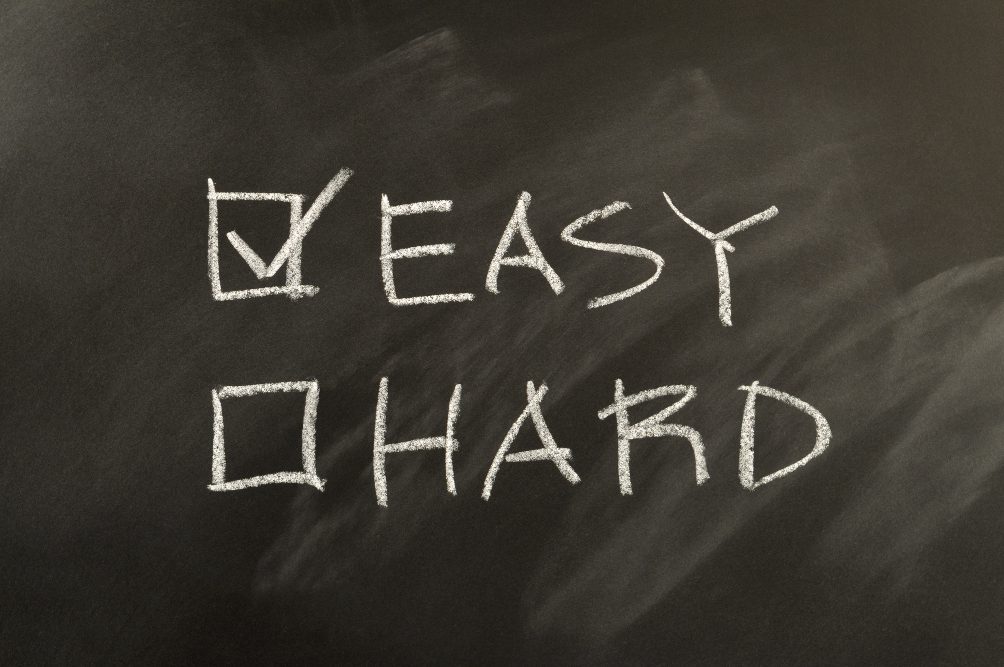From time-to-time, we are all asked to help by stepping into a situation. This can be the case when our experience may be beneficial, or when something has been escalated to our level of responsibility.
I have often been asked to intercede in challenging situations—both personal and professional–such as cases where there isn’t a clear solution, or where an ongoing negotiation has been unresolved for some time.
In many of these cases, when I reach out and get the background information, I quickly understand the other person’s perspective on the situation, and am able to devise and offer a solution that can meet everyone’s needs.
I often used to come away from these situations with a feeling of frustration. Specifically, I would often wonder why someone else couldn’t have come to the same conclusion, given how easy the solution appeared to be in my eyes. In a professional situation, I would offer to coach the team or individual on how to resolve a similar situation themselves in the future.
I remember my perspective on this changed permanently after I heard a speaker share a crucial insight on the topic. Though I cannot remember exactly when or where this was, one thing she said stuck with me: “What’s easy for you is often hard for someone else.” She explicitly pointed out that we frequently assume, often wrongly, that something that is easy for us should be just as easy for everyone else.
Shortly after hearing that speech, I took the Gallup Strengths Finder assessment. I learned that two of my top five strengths were “Relator,” and “Activator.” Put simply, this indicated that two of my top skills are understanding others (Relator) and quicky initiating solutions (Activator).
In short, my Strengths Finder result suggested that I am exactly the person who can come into a situation, understand someone else’s perspective and quickly propose a solution. Conversely, I can think of at least 10 scenarios off the top of my head where I would be the last person you would want to call—situations that call for strengths I don’t possess.
While some of our strengths are innate, others are developed through experience. Oftentimes, we even develop the ability to do certain tasks faster and better than most others, after years of dedicated practice and coaching.
In some cases, we have what world-class entrepreneurial coach Dan Sullivan calls Unique Abilities (UA). These are our very best skillsets, where we possess natural ability and have built a wealth of experience. Using these UAs is how our time is best spent, and how we can make our greatest contribution.
Rather than be frustrated when we are pulled into situations that require our strengths—as I was in the example above—we are better off seeing these as opportunities to apply our Unique Abilities. If there are tasks or problems that we can solve quickly and effectively, why should someone else spend their time struggling with that issue, when they can use their own Unique Ability where it’s better served?
If you can do something in minutes that would have taken someone else hours and vice versa, that is a true win-win.
At the same time, we should not turn over every request to the person who handles them best, as this abdicates both accountability for the outcome and opportunity to improve. The result is we will never build those skills for ourselves. It’s important to strike a balance between pushing ourselves to grow, and leaning on others to do what they do best.
Think about what’s easy for you, but hard for others. Can you do more of it to support your family, friends or team?
Quote of The Week
“What’s easy for you may feel impossible for someone else.”
– Anonymous









